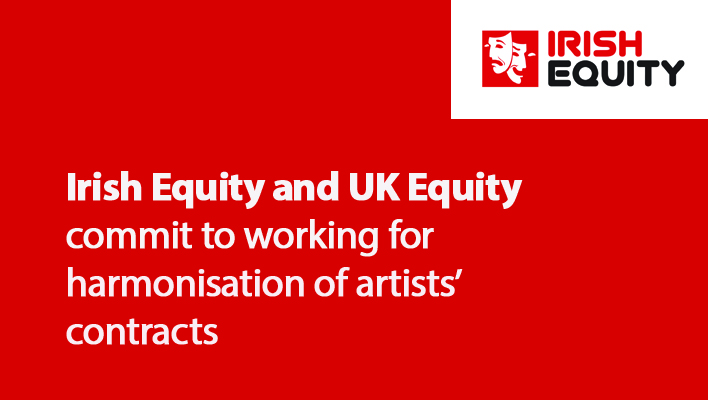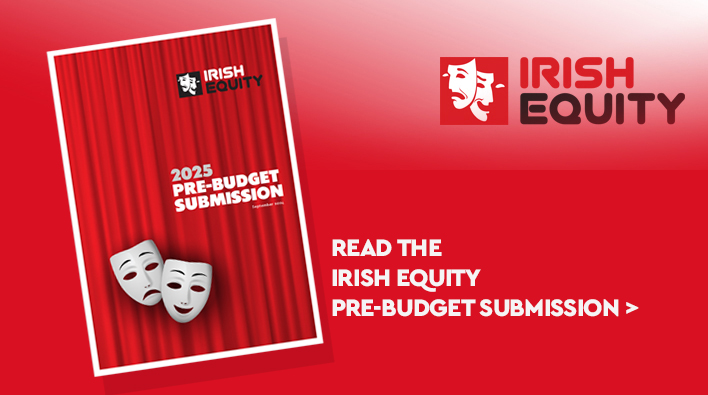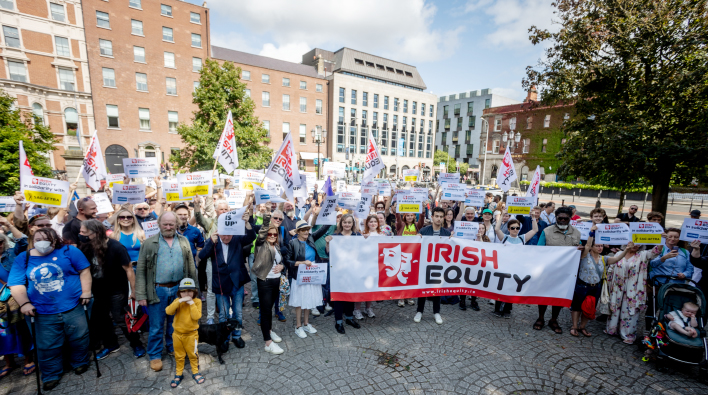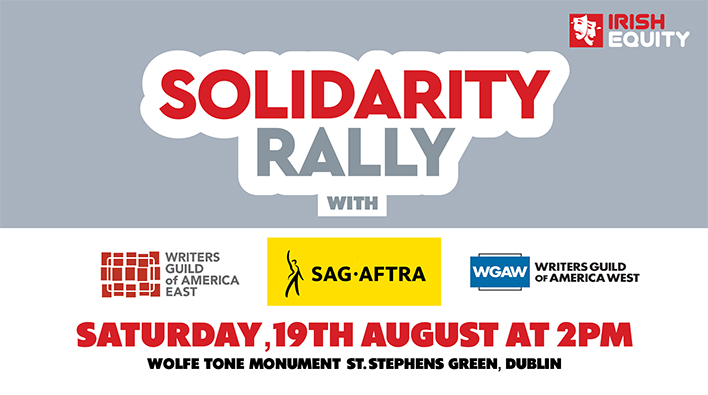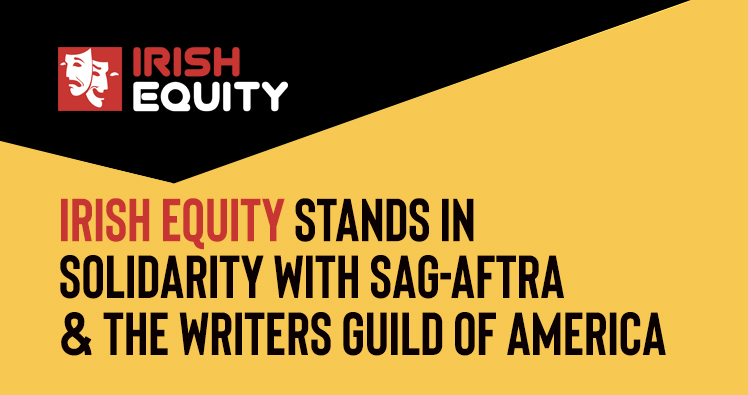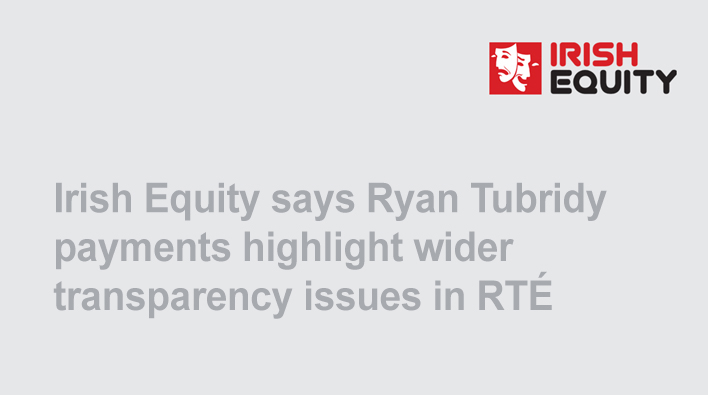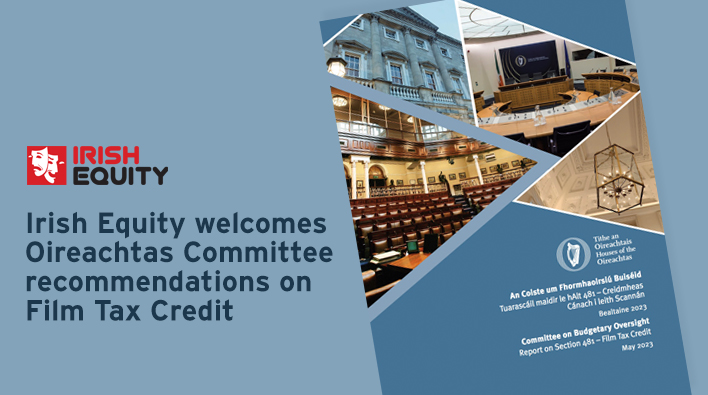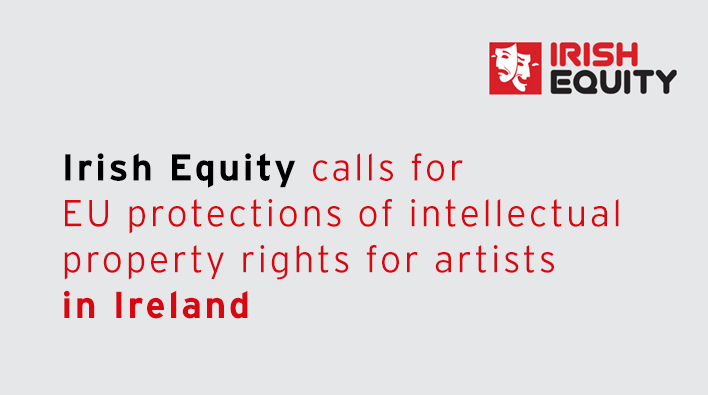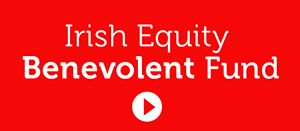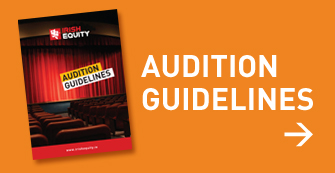Irish Equity and UK Equity have committed to working together for the harmonisation of contracts in the TV and Film industries across the UK and Ireland, following UK Equity’s Conference in Derry at the weekend.
SIPTU Divisional Organiser, Adrian Kane, said: “Equity UK and Irish Equity have enjoyed a long history of collaboration and solidarity. Like the UK, the Irish Republic has seen a growth in its Film, TV and Streaming industry, and the two unions have been working closely to ensure that both sets of members are contracted under union collective agreements when working in the Republic.
“Unfortunately, we have seen UK producers, broadcasters and streamers avail themselves of the 481-tax relief scheme in the Republic, set up Special Purpose Vehicles (SPV) or Direct Activity Companies (DAC) as the contracting entity, and engaging Irish local talent either on buy-out contracts or so called ‘equivalent’ contracts to the UK Agreements.”
He added: “All too often, an inequitable position then arises with Irish talent being engaged on such contracts and UK talent being engaged under an Equity UK collective agreement. Not only is this grossly unfair to Irish talent, it is an abuse by productions who are in receipt of both Irish and UK taxpayers’ money.”
UK Equity Deputy General Secretary, Louise McMullan, said: “A danger for Producers offering buy-out contracts is that the producer may be in breach of EU/Irish legislation, and they could open themselves up to a challenge from the Irish Government and/or the EU as the contracts are not compliant with the law.
“More importantly, for producers and inward investors into the Republic of Ireland, all contracts and assignment of rights must comply with the EU directive on Copyright in the Digital Single Market which requires that performers receive proportionate remuneration for the use of their work. Failure to provide adequately for this provision could see producers in breach of both EU and Irish domestic legislation.”
She added: “Solidarity between Irish and UK Equity is stronger than ever, and we commit to ourselves to tackling this situation together as sister Unions and members of the Federation of International Artists.”
Irish Equity President, Gerry O’Brien, said: “Together we will strive towards a harmonisation of the agreements across the island of Ireland, and we call upon the producing community both in the UK and the Republic to right this longstanding inequity. Both Equity UK and Irish Equity remain steadfast in the defence and support of our membership and commit ourselves to make positive changes to our members’ lives and the industry in which they have chosen their careers.
“Both unions and Federation of International Artists have been fully supportive of the recent stakeholder talks. We hope that resulting negotiations will lead to agreements that will ensure that all performers working across the Island of Ireland enjoy the right to share equally in the economic success generated by their excellence.”
